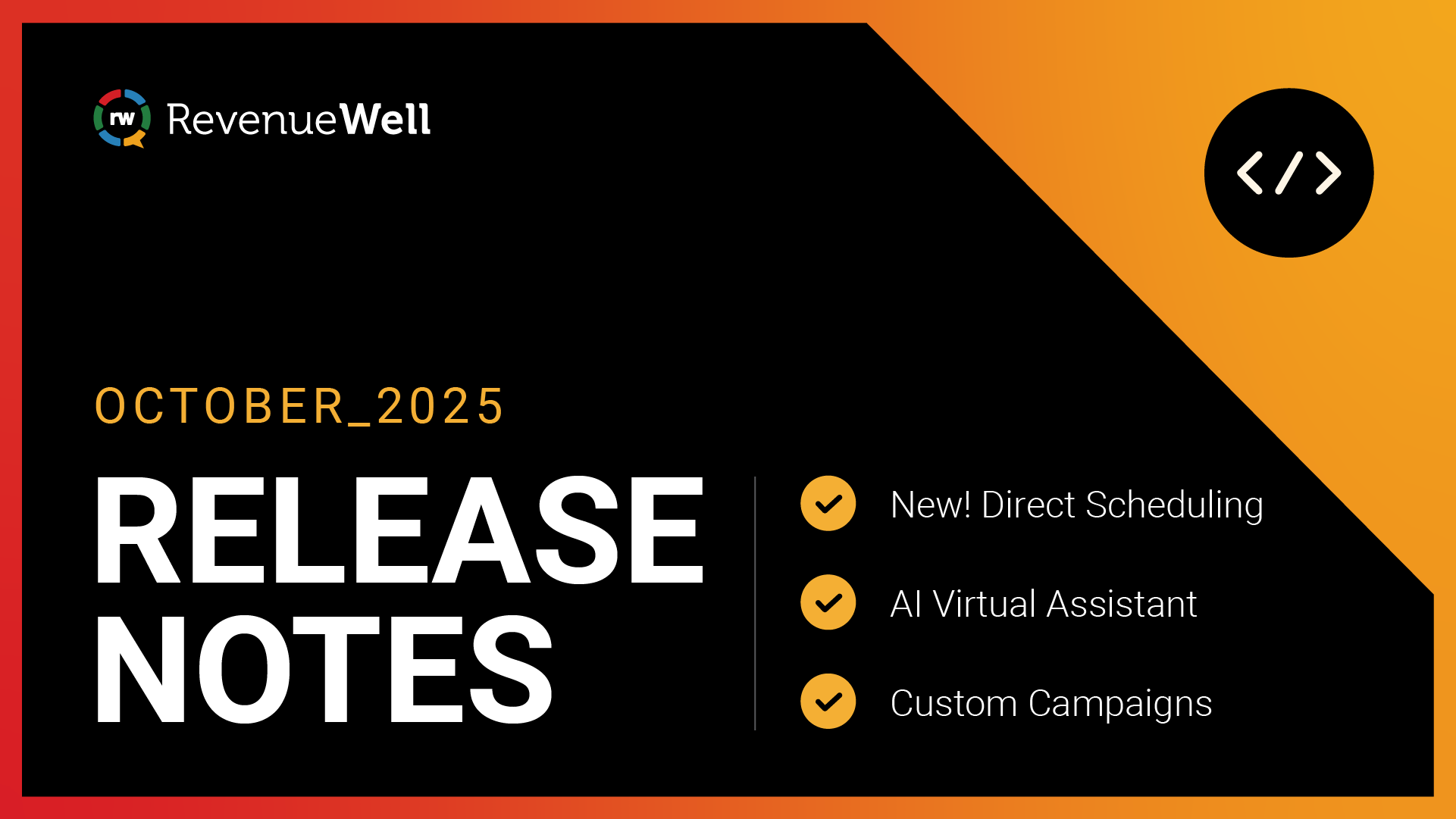Is All That Dental Marketing You’re Doing Really Worth The Effort?

Did you know that perhaps the most critical component of the marketing process tends to also be the one we spend the least amount of time perfecting? Marketing measurement – when considered at all – is often seen as too nebulous, and too time consuming for many of us to actually conduct. Yet, a failure to do so often means you’ll lose on two fronts: you’ll have no idea what worked – and worse yet – you’ll have no idea what didn’t work.
Here are three primary concerns you’ll want to keep an eye on:
- Visits to your website. The how and “if” patients find you online has a lot to do with how well you’ve optimized your website for search.
First stop, Google Analytics. Keeping track of website traffic often begins and ends with Google Analytics. This free tool provides all sorts of insight into a website’s traffic, and set-up is a near-breeze. Placing a single snippet of code on your website will get you started – here’s a nice guide to get you started.
Now, understand, the analytics folks at Google want to help you with your SEO numbers because if you’re not doing a good job, they’re happy to show you how to advertise on their network to help boost your results. And, in reality, it’s often a good idea to do both.
Search engine advertising can be a good way to supplement your marketing efforts if you’re in a crowded dental market, so don’t discount having to spend a little bit of money to bring in additional patients. If you’ve ever purchased a magazine or radio ad, or spent money on advertising in the Yellow Pages, it’s really no different – and, perhaps more effective in the long run.
Run a search. One of the simplest ways to see how your SEO is performing is to simply do a mock-search for your practice. In a mock-search, you’re essentially pretending to be a user with no knowledge of your practice, in order to see where you’d show up in a typical search query. Prior to running this query, though, you’ll want to clear your browser’s cache because the data that lives in the cache can artificially skew your results causing you to feel you’re SEO is far better than it is in reality.
Free tools, and the competition. When you’re doing this sort of homework, you’ll also want to get a feel for how your competition is doing with their own SEO. There are a variety of ways to do this, and you could spend hours just trying to find a few reliable sources. Let me save you some time. One of my favorites is quantcast.com. And, seobook.com has a huge list of tools you can use that’ll nearly make your head spin.
- Where are your reviews coming from? Now that every patient you’ve ever had can be your biggest fan or loudest detractor, monitoring the web for these voices is critical. You’ve got to know what is being said about you, and where it’s being said. By tracking the biggest review sites like Google, Yahoo, and Facebook, you’ll be ahead of most offices, and to really be on top of your game, you’ll want to also spend time on directories like Citysearch, DexKnows, YellowPages, RateMDs, Wellness and Dr. Oogle. So, how do you measure up? Ideally, you’ll want to have a presence across all of these sites so you can expand your marketing reach across the web review ecosystem.
- Referrals. Do you receive a lot of referrals from local specialists? Insurance companies? Current patients? Having a built-in system that allows you to capture the means by which a patient has discovered you, and a system that allows you to thank the referring party, is key to keeping that referral channel full. This way, you’ll be able to properly invest in those initiatives that work, and cut funding to those that do not. Spending a lot of time and money building out a specialist network, but seeing nothing in return? Perhaps it’s better you shift focus to your that patient referral program that IS working. Measuring is what gets you to that decision.
It’s easy to get lost in the weeds when it comes to tracking your marketing efforts, but it’s not impossible if you’re consistent in your approach, and you have a way to track your progress. The last step in making this whole effort come together is utilizing a checklist. I’ve found that checklists are a great way to stay on top of things when life at the office seems to overtake all other concerns. I’m confident it will help you get a better handle on where your successes are, and where maybe you could boost efforts overall. I hope you find it useful and insightful!




